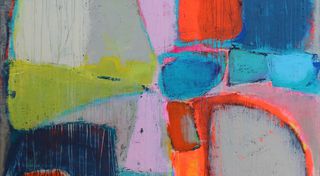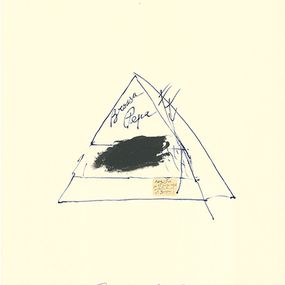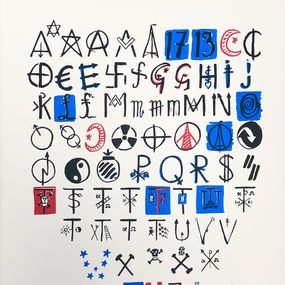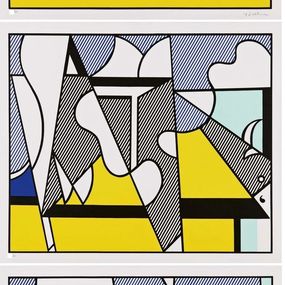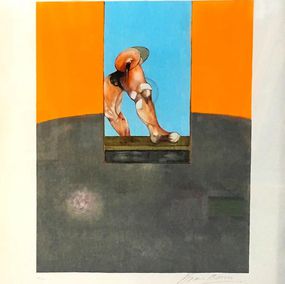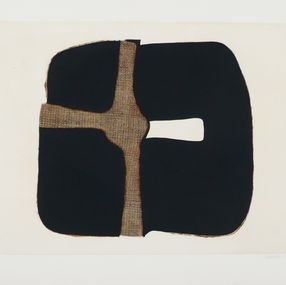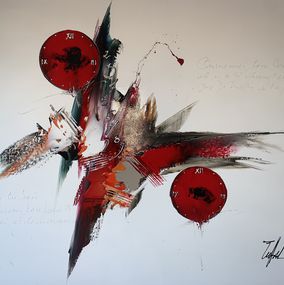
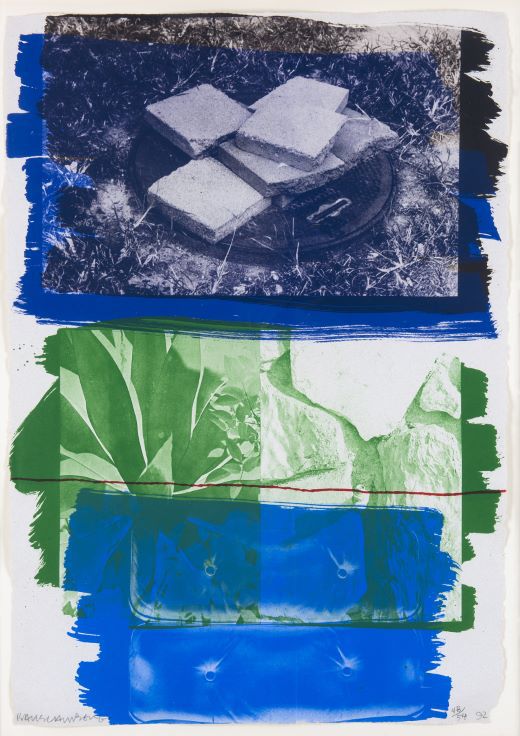
The artist’s job is to be a witness to his time in history.
Biography
Robert Rauschenberg (1925–2008) remains a defining figure in modern and contemporary art, celebrated for his innovative integration of painting, sculpture, and found objects. As one of the key precursors of Pop Art and associated with the Neo-Dada movement, Rauschenberg's groundbreaking "Combines" series continues to captivate collectors and art lovers worldwide. His ability to blend everyday materials with artistic expression redefined the boundaries between art and life, influencing generations of artists and securing his lasting impact on the art market.
In 2025, the centennial celebrations of Robert Rauschenberg bring his work back into the global spotlight, with exhibitions and events around the world reflecting on his expansive career. Major institutions such as the Robert Rauschenberg Foundation are spearheading the commemorations, reaffirming his pivotal role in the art world. Recent exhibitions, including Robert Rauschenberg: Arcanums at Gladstone Gallery and ROCI at Thaddaeus Ropac, have showcased his diverse body of work, drawing strong attention from collectors and art enthusiasts alike.
Rauschenberg's work continues to achieve impressive auction results, with his piece Market Altar / ROCI MEXICO (1985) selling for $3.85 million at Art Basel 2024, underscoring the ongoing demand for his art. His Combines and other iconic works are regularly featured in major art fairs and galleries, demonstrating the artist's enduring market appeal. As a global artistic pioneer, Rauschenberg's creations remain highly sought after by collectors seeking to own pieces from one of the 20th century's most influential artists.
Beyond painting, Rauschenberg's contributions to photography, printmaking, and performance art reflect his dedication to cross-disciplinary experimentation. His Rauschenberg Overseas Culture Interchange (ROCI) project, launched in the 1980s, exemplifies his commitment to fostering international cultural dialogue, with exhibitions held in countries such as China, Japan, and Tibet. This global vision cemented his reputation as an artist whose work transcended borders.
With works housed in major collections like the Museum of Modern Art in New York, the San Francisco Museum of Modern Art, and Tate Modern, Rauschenberg's legacy is firmly rooted in both the institutional and commercial art sectors. His art offers a rare combination of material innovation and conceptual depth, making his work a highly valuable asset for collectors seeking a piece of history from an artist whose influence continues to shape the modern art landscape.
Nationality
Categories
Artistic movements


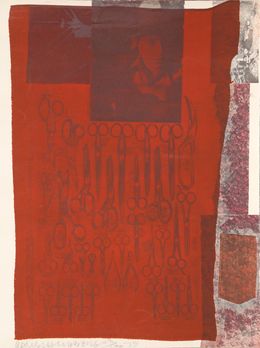
Robert Rauschenberg
Print - 77.5 x 58.4 x 0.5 cm Print - 30.5 x 23 x 0.2 inch
$4,500

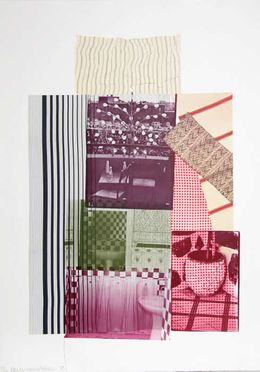

Robert Rauschenberg
Print - 101.6 x 101.6 cm Print - 40 x 40 inch
$4,000
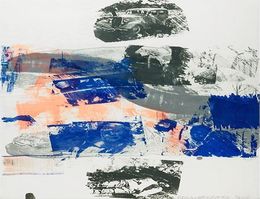
Robert Rauschenberg
Print - 56 x 76 x 1 cm Print - 22 x 29.9 x 0.4 inch
Price upon request

Robert Rauschenberg
Print - 71.1 x 47.6 cm Print - 28 x 18.75 inch
Sold

Robert Rauschenberg
Print - 71.1 x 53.3 x 0.5 cm Print - 28 x 21 x 0.2 inch
Sold
Discover the movements linked to Robert Rauschenberg
Discover similar artists
Posts about Robert Rauschenberg
Discover our selections of works by artists
Robert Rauschenberg was known for his innovative "Combines," which merged painting and sculpture using non-traditional materials. He played a key role in the transition from Abstract Expressionism to Pop Art.
Robert Rauschenberg's lover was Jasper Johns, a fellow artist. Their romantic and artistic relationship in the 1950s significantly influenced both of their creative developments.
Robert Rauschenberg's net worth at the time of his death in 2008 was estimated to be around $300 million, largely due to the value of his extensive art collection and the continued demand for his works.
Robert Rauschenberg erased a drawing by Willem de Kooning in 1953 to challenge traditional notions of authorship and creation in art. This act became a landmark conceptual artwork, questioning what constitutes an artwork itself.
